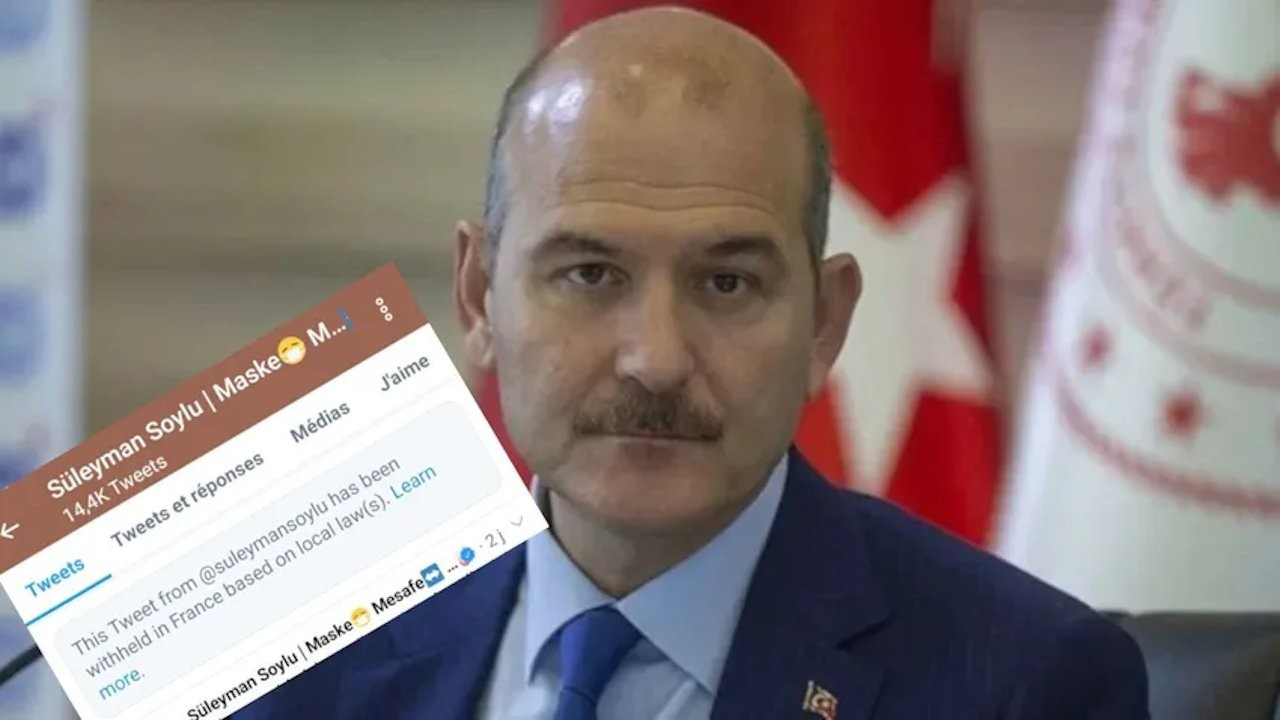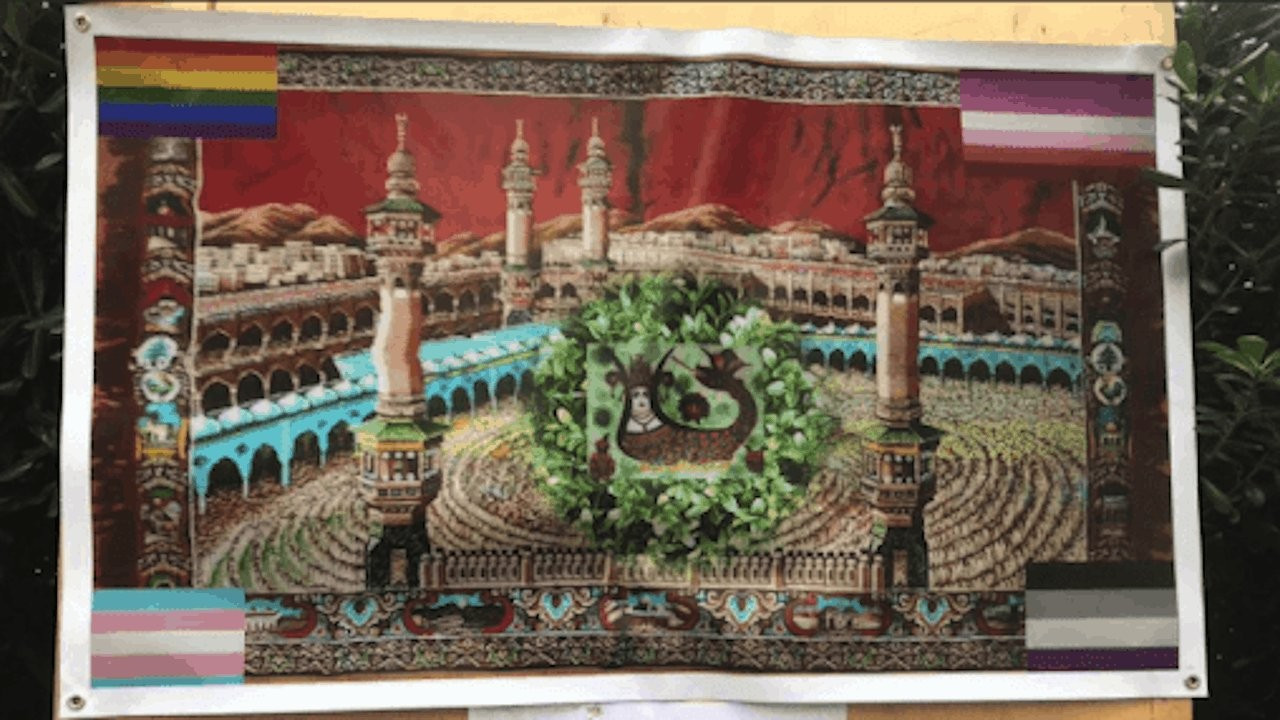Accusations against Boğaziçi University students changed while under detention to pave way for their arrest
The accusations against a group of Boğaziçi University students were changed during their detention in order to pave the way for their arrest. The students, who were initially detained over "insulting religious values," were accused of "inciting the public to hatred and enmity" and hence were arrested.
Duvar English
The accusations against a group of Boğaziçi University students, who were detained after using a picture of Kaaba - a holy site for Muslims - with LGBT flags in an art exhibition, were changed then they were under police custody to pave the way for their arrest.
The students were initially detained for "insulting religious values," but the accusation was changed because it can't be punished with a prison sentence. The accusation, instead, was turned into "inciting the public to hatred and enmity," which can be punished with a prison term, the daily Cumhuriyet reported on Feb. 1.
Two students were arrested and two others were placed under house arrest after using a picture of Kaaba featuring LGBT flags in an exhibition on campus. The incident quickly turned into a lynching campaign against the students, as well as Turkey's LGBT community.
The exhibition was a part of the month-long protests against President Recep Tayyip Erdoğan's appointment of Melih Bulu, a long time ruling Justice and Development Party (AKP) member, as a rector to the university.
Legal experts have slammed the move to change the charges to arrest students, saying that the charges are not in line with the act itself.
"You can't rule for imprisonment in crimes that have an upper level of sentence below two years. No matter how gravely the crime is committed, an arrest ruling can't be issued over insulting religious values. So they ruled for their arrest on a different charge," Kerem Altıparmak told Cumhuriyet.
He also commented on the searches that were carried out in Boğaziçi University's LGBTI+ Club, asking whether it was conducted in line with legal procedures.
"The Istanbul Governor's Office said that LGBTI flags were 'seized.' Is it a crime to have LGBT flags? Besides, how did the police carry out the searches? Who accompanied the search process? Was it done in line with legal procedures? We don't know these," Altıparmak said.
"Finally, as a legal expert, I don't see any crime in this case," he added.

 Access to Turkish Interior Minister Soylu's tweet calling LGBT individuals 'perverted' banned in FranceHuman Rights
Access to Turkish Interior Minister Soylu's tweet calling LGBT individuals 'perverted' banned in FranceHuman Rights Turkish gov't uses protests at Boğaziçi University to attack LGBT rights with Islamist discourseHuman Rights
Turkish gov't uses protests at Boğaziçi University to attack LGBT rights with Islamist discourseHuman Rights